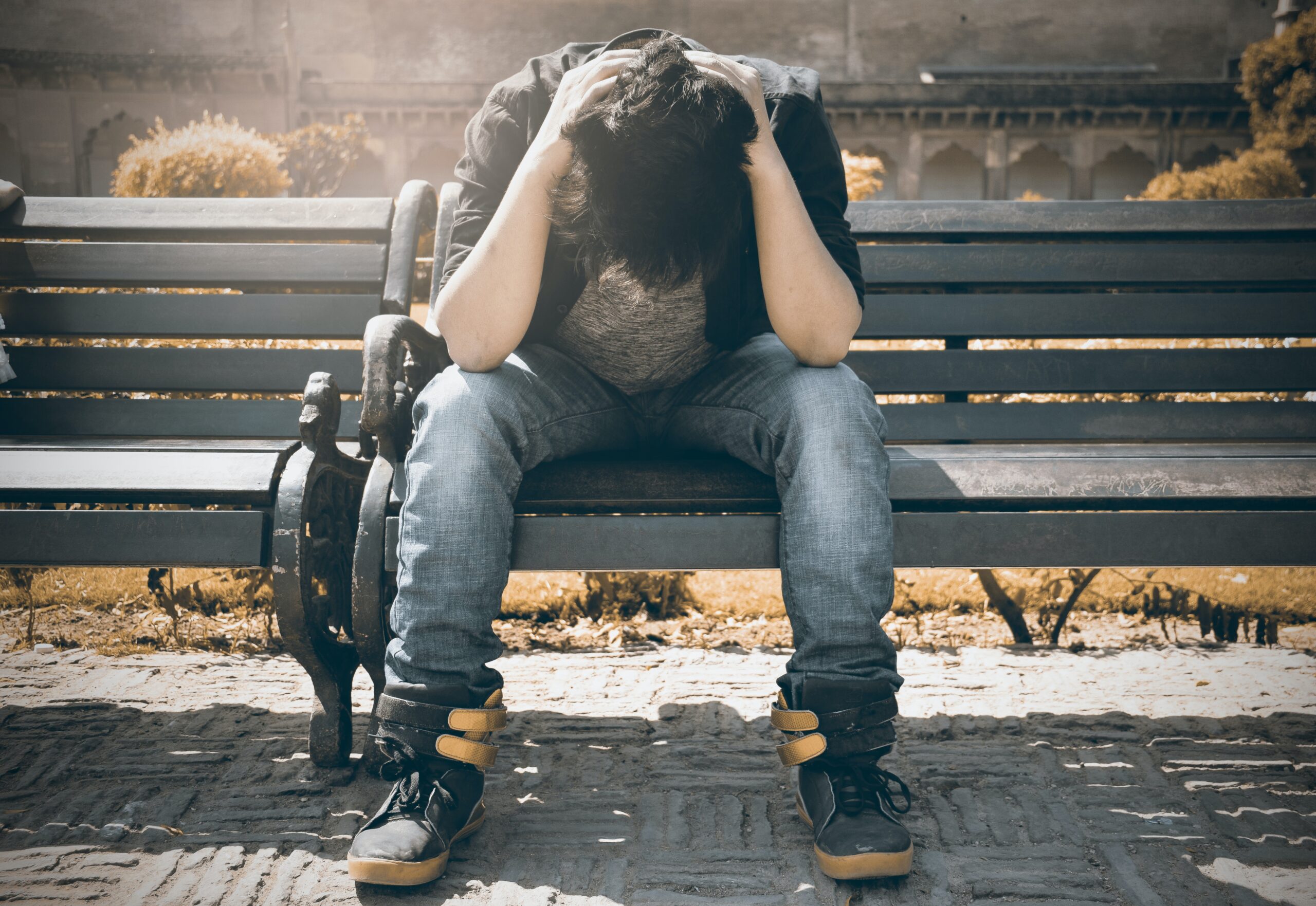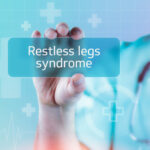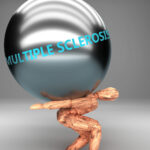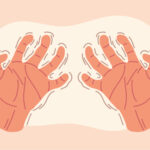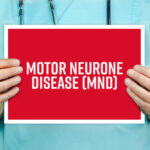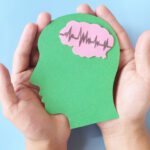Depression is one of the leading mental health problems worldwide. It is a broad, heterogeneous diagnosis making exact statistics challenging to ascertain, though it is estimated that it currently affects between 3% and 6% of adults in the UK. Depression differs from occasionally feeling sad, mood fluctuations and negative emotional responses. A person diagnosed with clinical depression may feel low and sad for long periods, from weeks to even years. These people may feel like life has no meaning anymore, lose interest in things they previously enjoyed, and find that their intrusive thoughts interfere with their ability to work, sleep, eat and live.
Different people experience depression in different ways. While there are some undeniable signs of depression, there are some others that a person may be able to hide. If you or someone you know is showing the following symptoms, know that help is out there and recognising the symptoms of depression is one of the first steps you can take to feel better.
Signs and Symptoms of Depression
The most common symptoms of depression include:
- Feeling sad, irritable, and empty for most of the day, nearly every day for at least two weeks.
- A loss of concentration, lack of energy, and extreme fatigue such that even small tasks like getting out of bed or taking a shower take enormous effort.
- A lack of appetite or increased cravings, resulting in sudden weight loss or gain.
- Disturbances in sleep that result in either excessive sleeping or insomnia.
- Loss of interest in previously loved activities, such as hobbies, sports, going out with friends or even sex.
- Feelings of worthlessness, hopelessness, self-hate or excessive guilt.
- Social withdrawal.
- In men, depression often manifests as excessive anger, irritability, substance abuse, or escapist or risky behaviour.
- Unexplained physical problems, including stomach pain, headaches, back pain, and aching muscles.
- Turning to drugs or alcohol to cope with negative emotions.
- Apparent personality differences, such as suddenly becoming quiet and withdrawn or angry and irritable.
- Frequent or recurrent thoughts of death or self-harm.
When suffering from depressive disorder, many people often find thoughts of suicide invading their minds. People who die by suicide typically show signs first. They may start talking to loved ones about it, self-harming or attempting to end their lives. If you suspect someone is at the risk of taking their own life, call 999 or your local emergency number.
The Role of Medical Cannabis in Managing Depression Symptoms
Depending upon the severity of the depression, there are different treatment methods available, such as cognitive behavioural theory (CBT), behavioural activation, interpersonal psychotherapy and/or antidepressant medication. If a patient has already tried two other types of therapies or treatments, they may be eligible for a prescription for medical cannabis for depression.
Medical cannabis has been shown to improve sleep, especially for patients with PTSD. There is a strong connection between sleep and your mood. Sleep problems like insomnia can contribute to depression, while depression can cause sleeping difficulties. Chronic sleep deprivation may play a part in instances of clinical depression due to the neurological changes it causes in the brain. As such, medical cannabis may improve symptoms of depression caused by chronic insomnia.
A study conducted in 2014 showed that cannabidiol, or CBD, a compound of medical marijuana, affects the 5-HT1A receptors in the brain. These receptors are a kind of serotonin receptor, which explains why CBD may help with symptoms of depression and anxiety, as low levels of serotonin (the “happiness molecule”) may cause mood disorders.
Another piece of research in 2019 revealed that CBD could have antidepressant effects because it causes an increase in brain-derived neurotrophic factor (BDNF). Lower levels of BDNF are associated with a number of neurodegenerative diseases and mental health problems, such as depression and anxiety, Parkinson’s disease, Multiple Sclerosis and Alzheimer’s disease.
However, it is important to remember that certain antidepressant medications can interact with cannabis and cause side effects. This is why it is important to avoid self-medicating with medical marijuana and always seek the advice of experienced specialists, and disclose any medication you’re taking for your depression.
Medical Cannabis in the UK
In the United Kingdom, although medical cannabis was legalised in 2018, it can only be prescribed by a registered specialist. At MyAccess Clinics, a leading medical cannabis clinic in the UK, our specialists aim to provide high-quality, personalised medical care to those who have tried at least two other types of therapies and treatments without much success.
